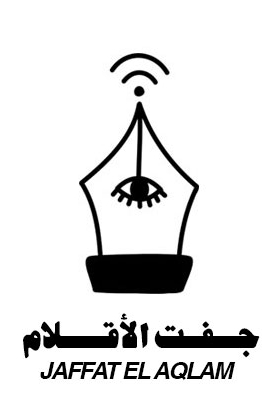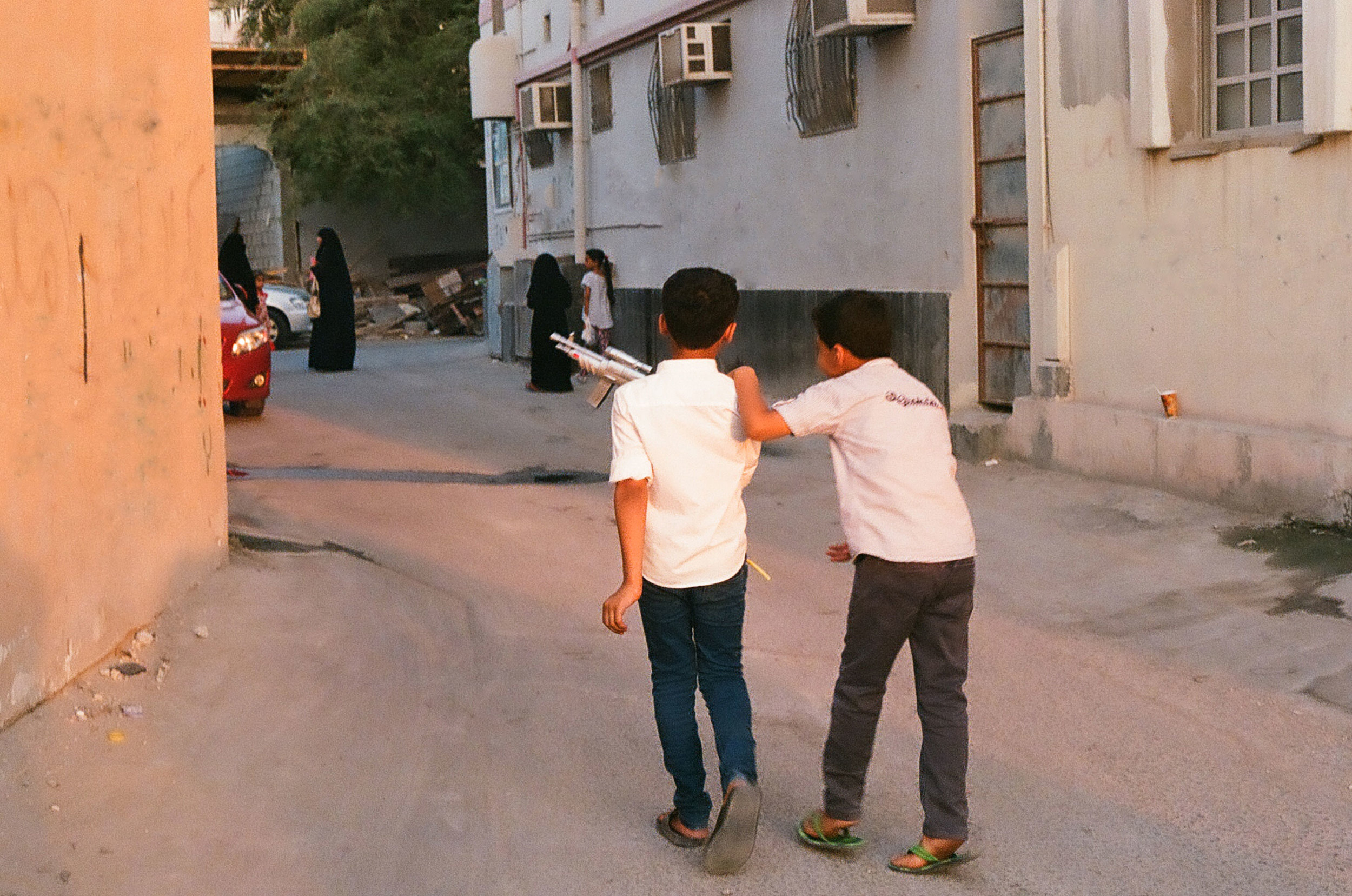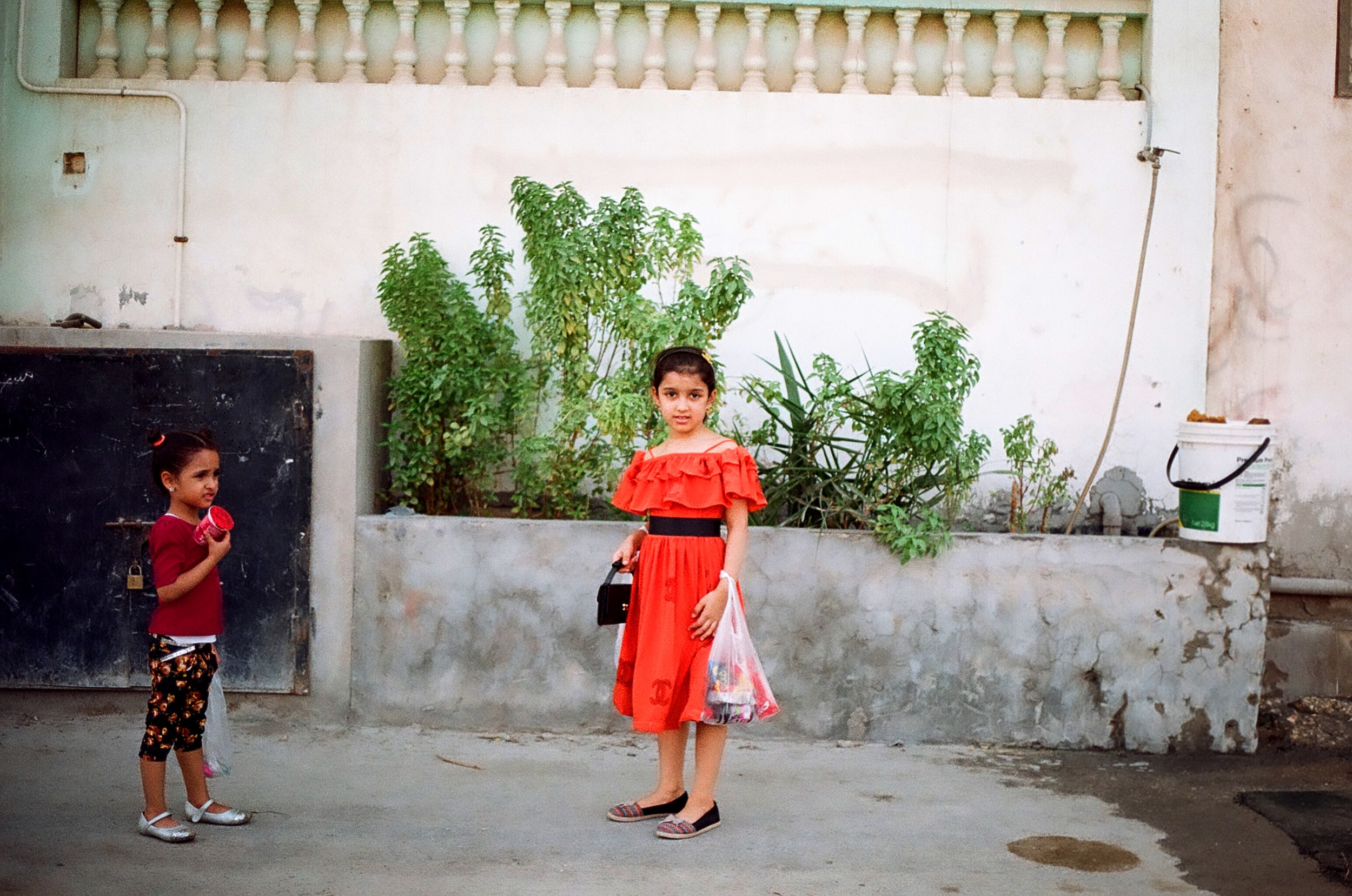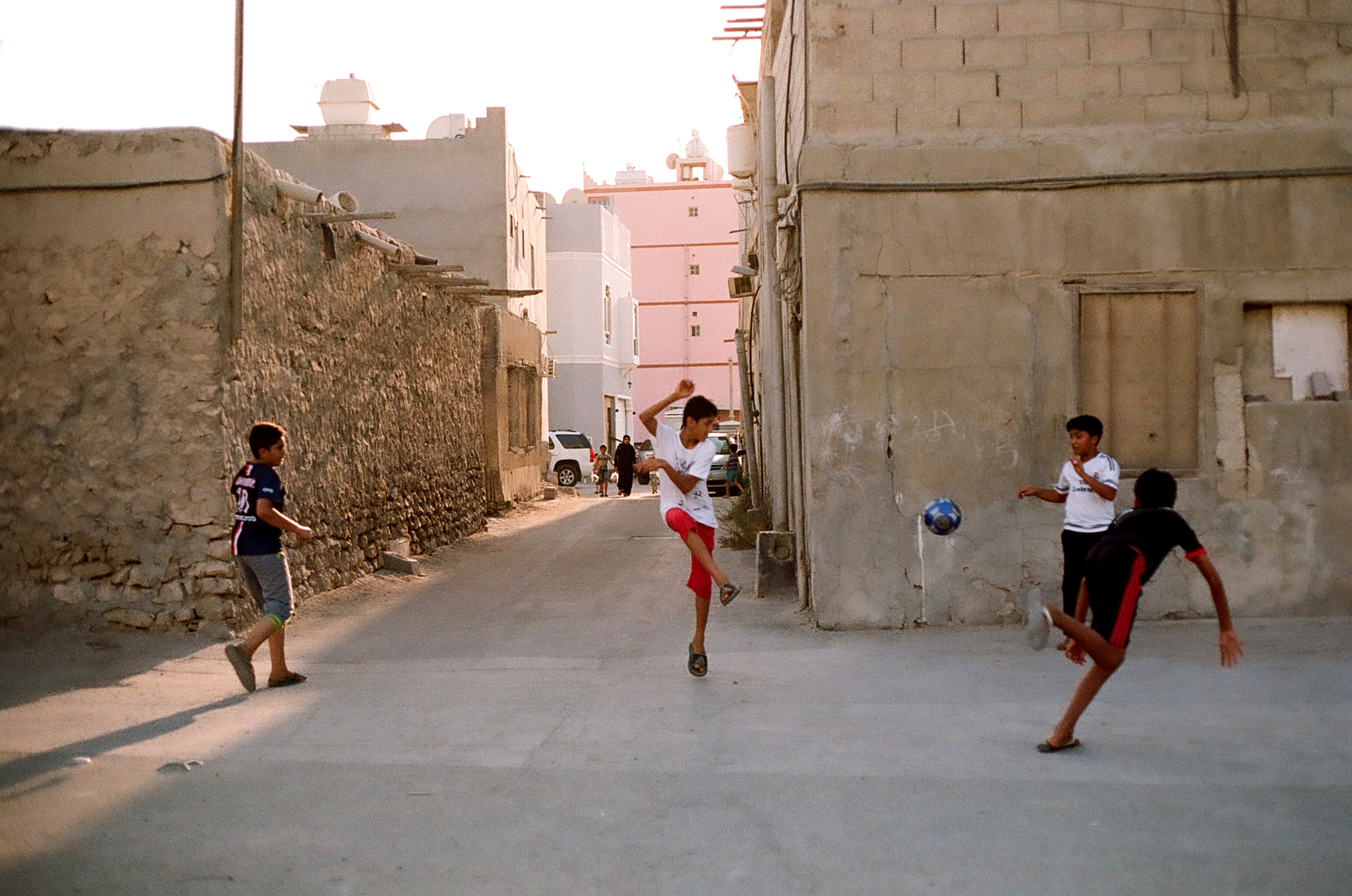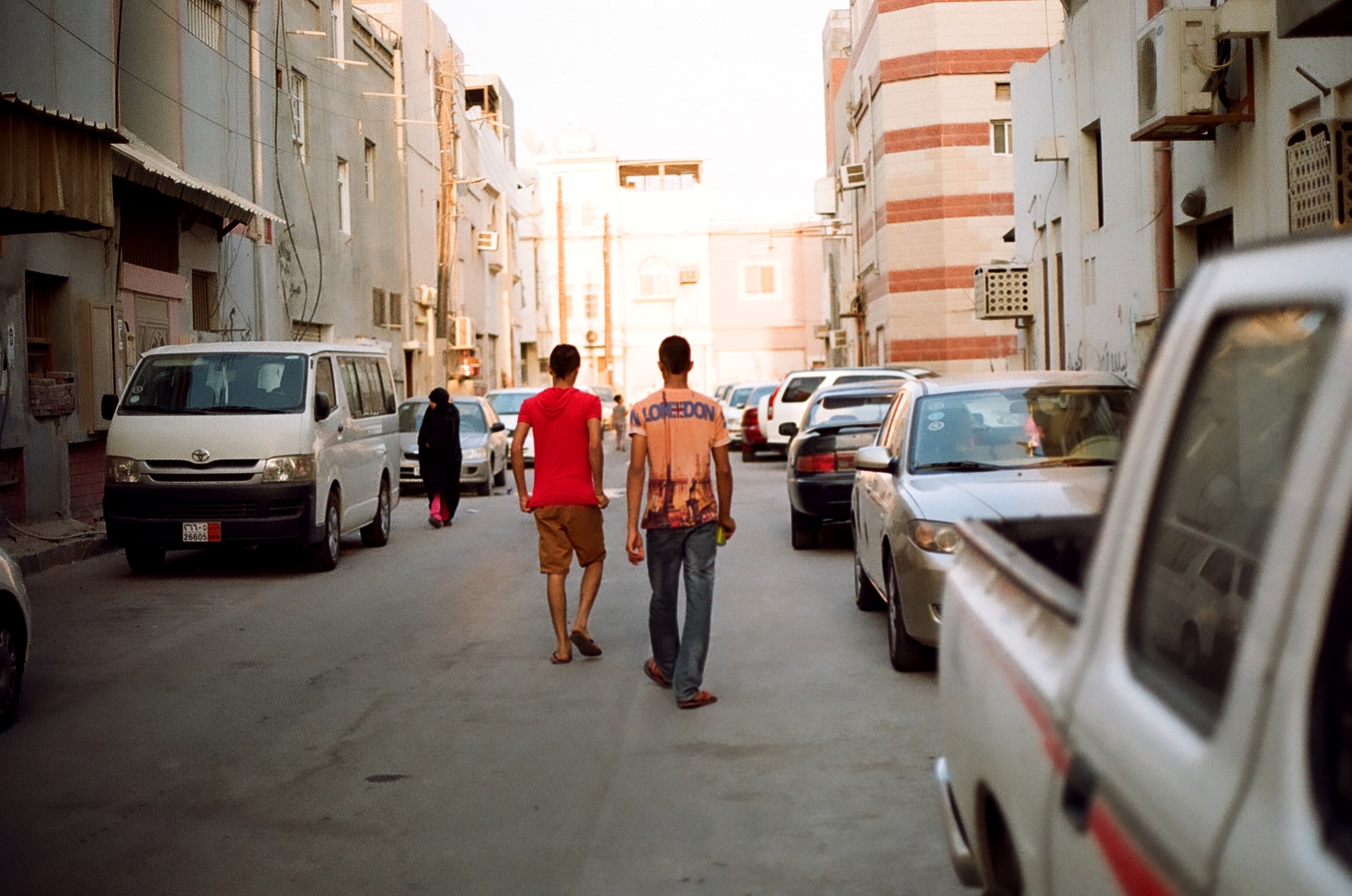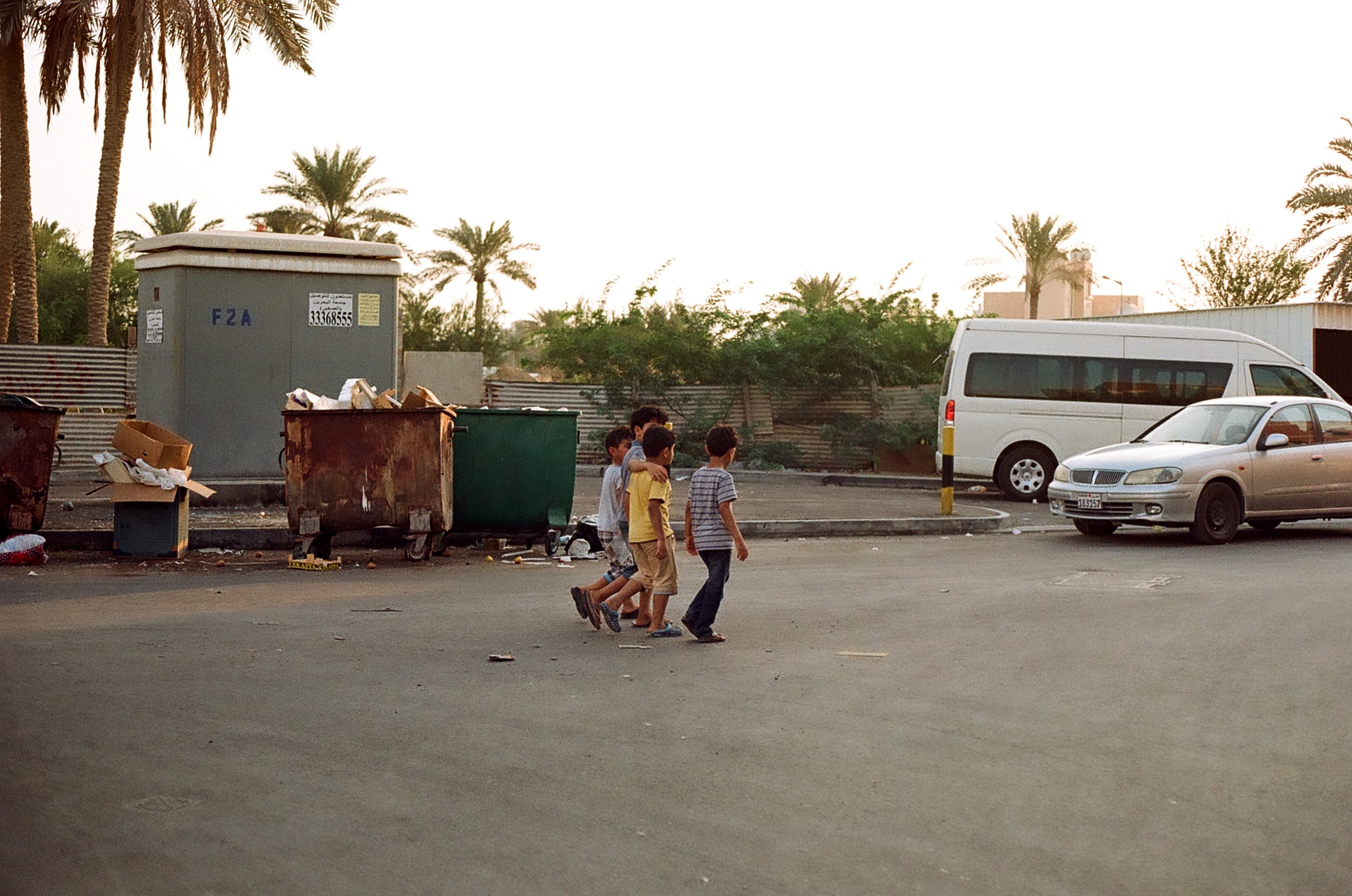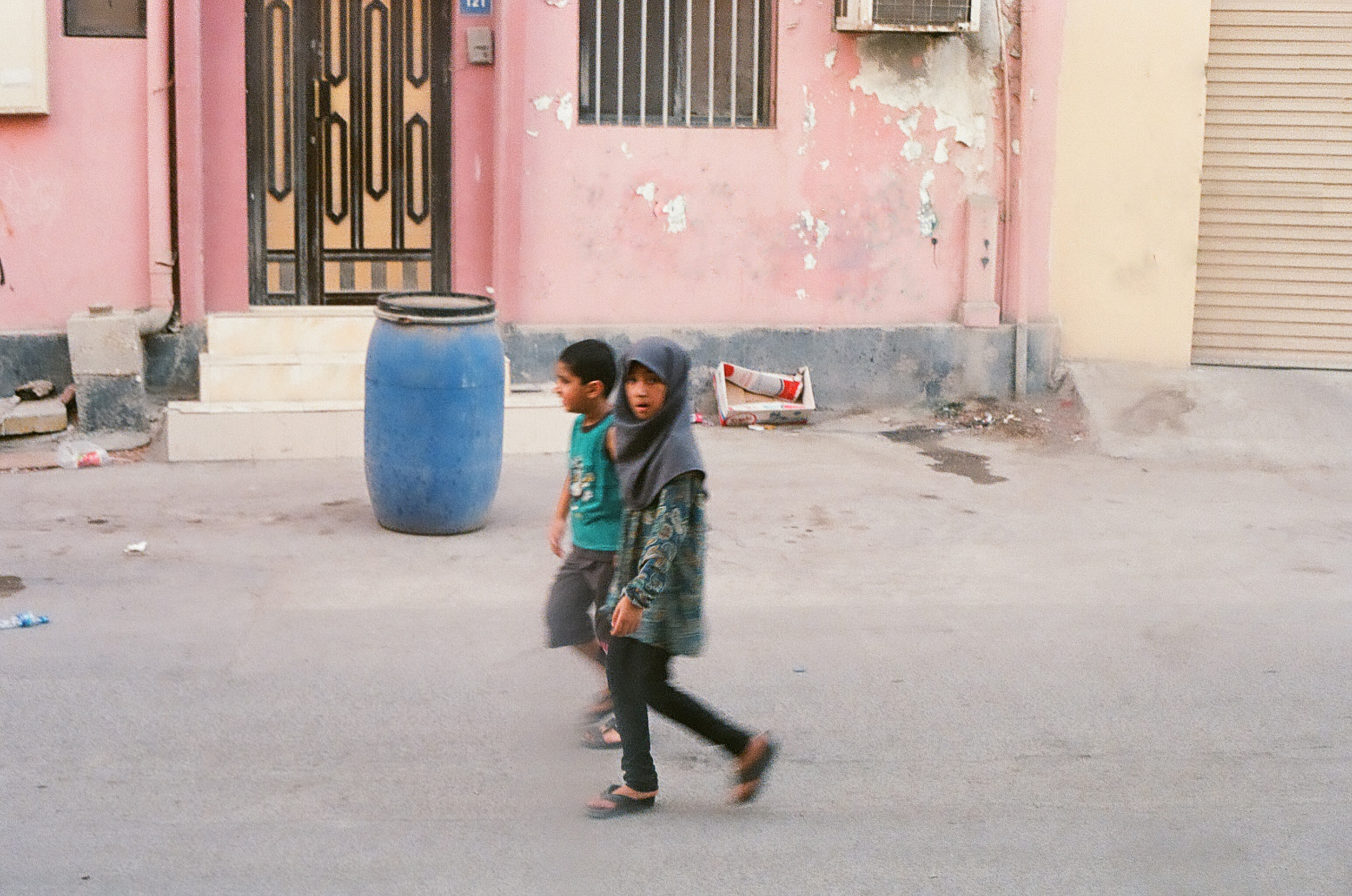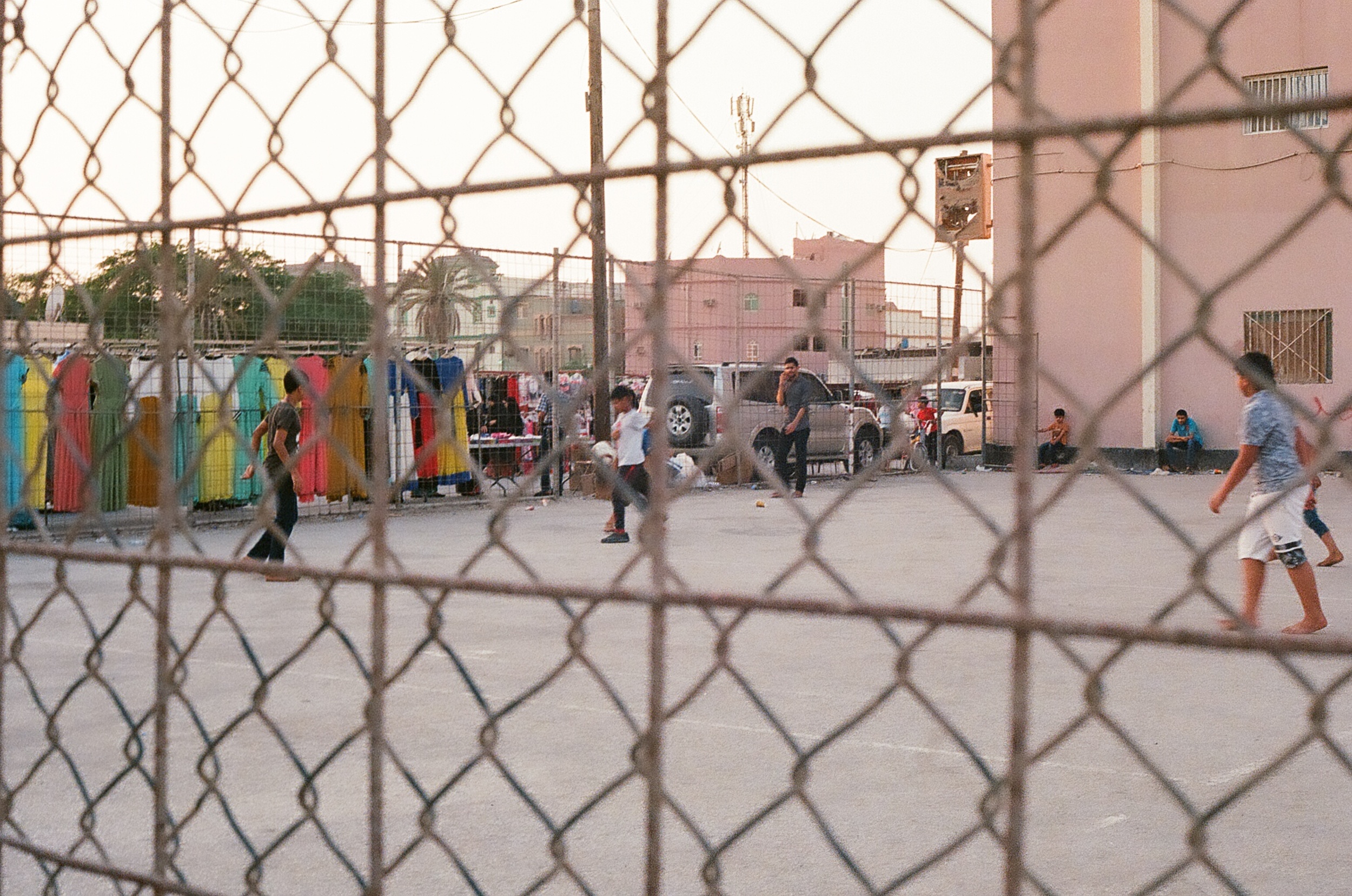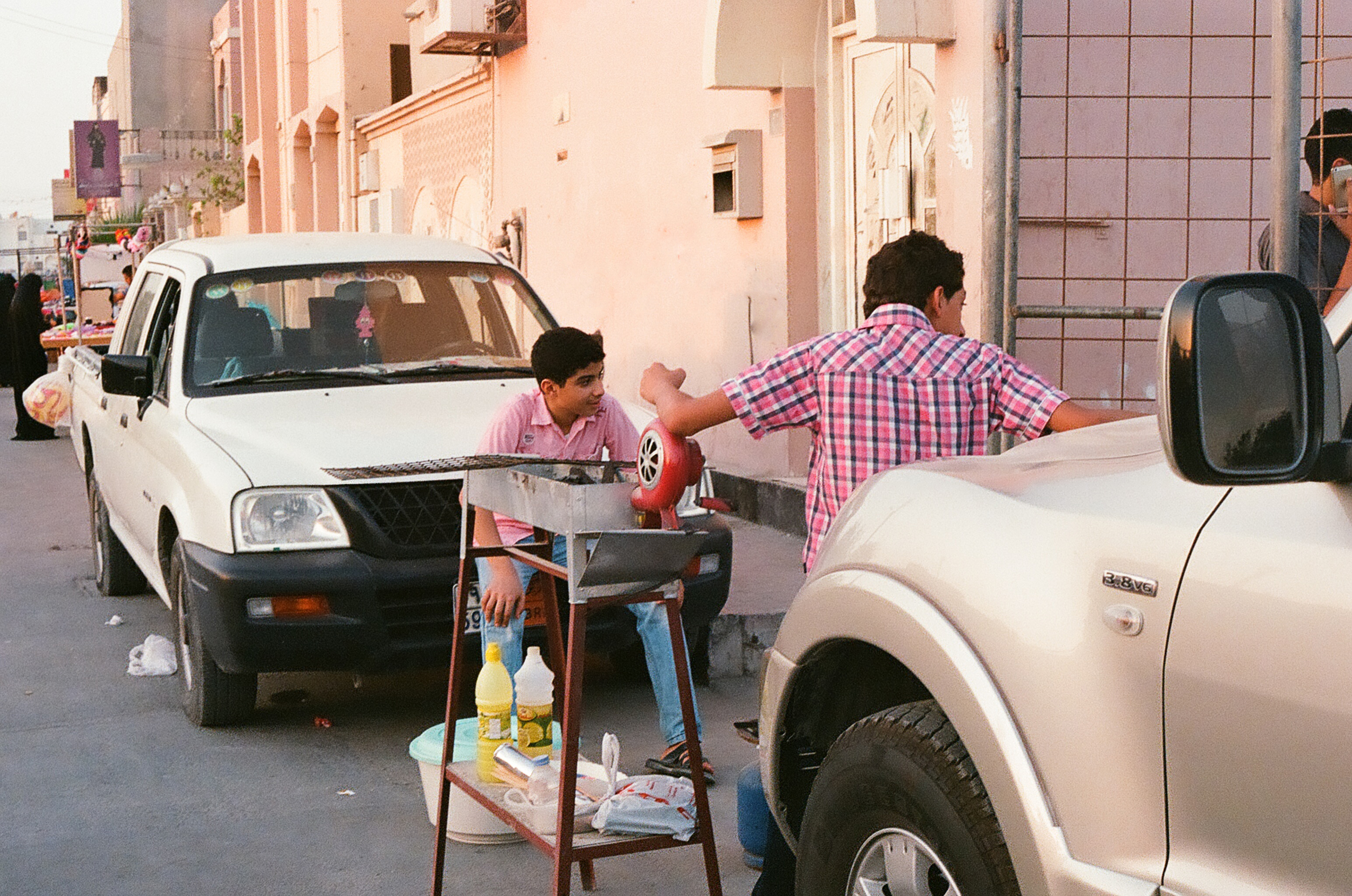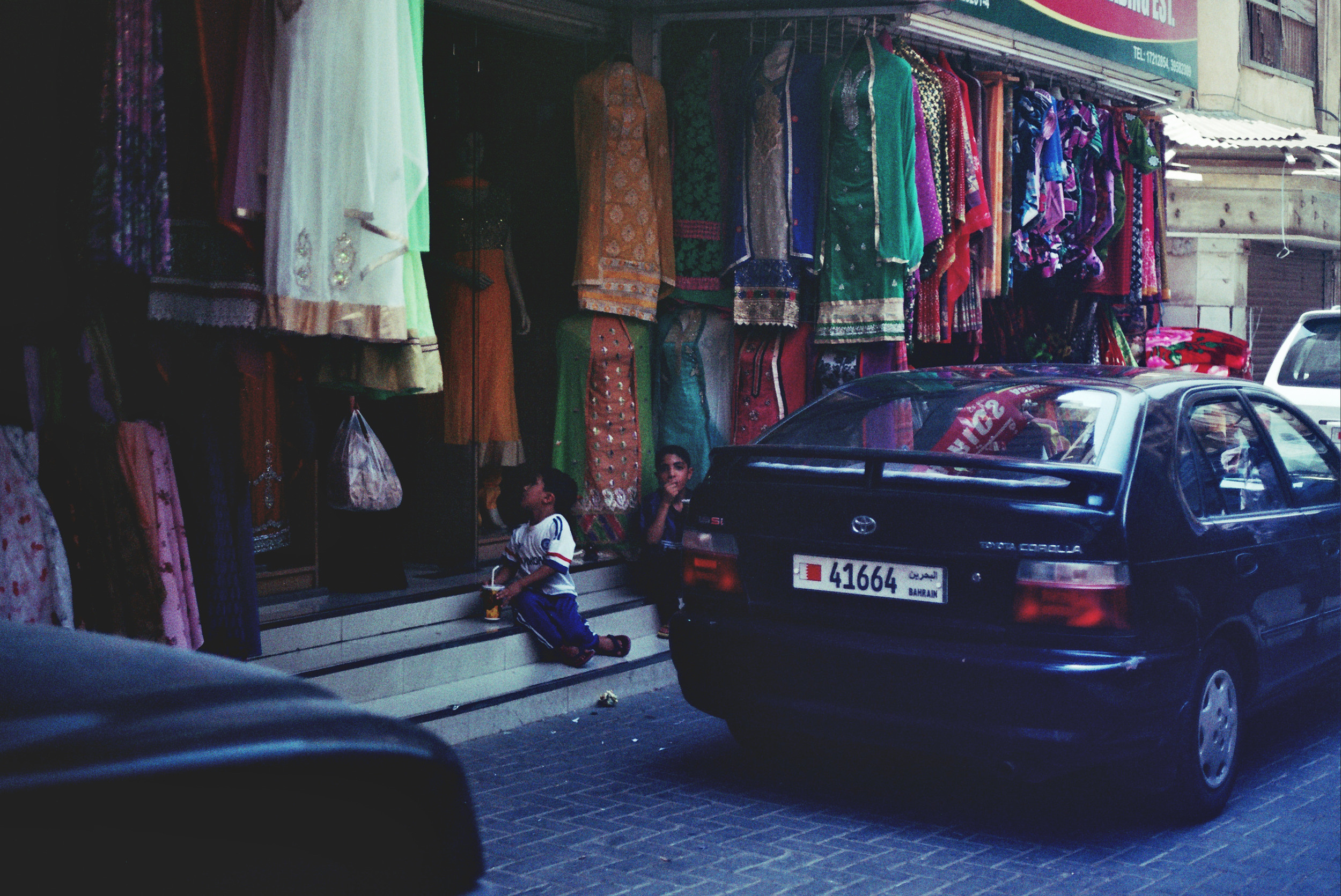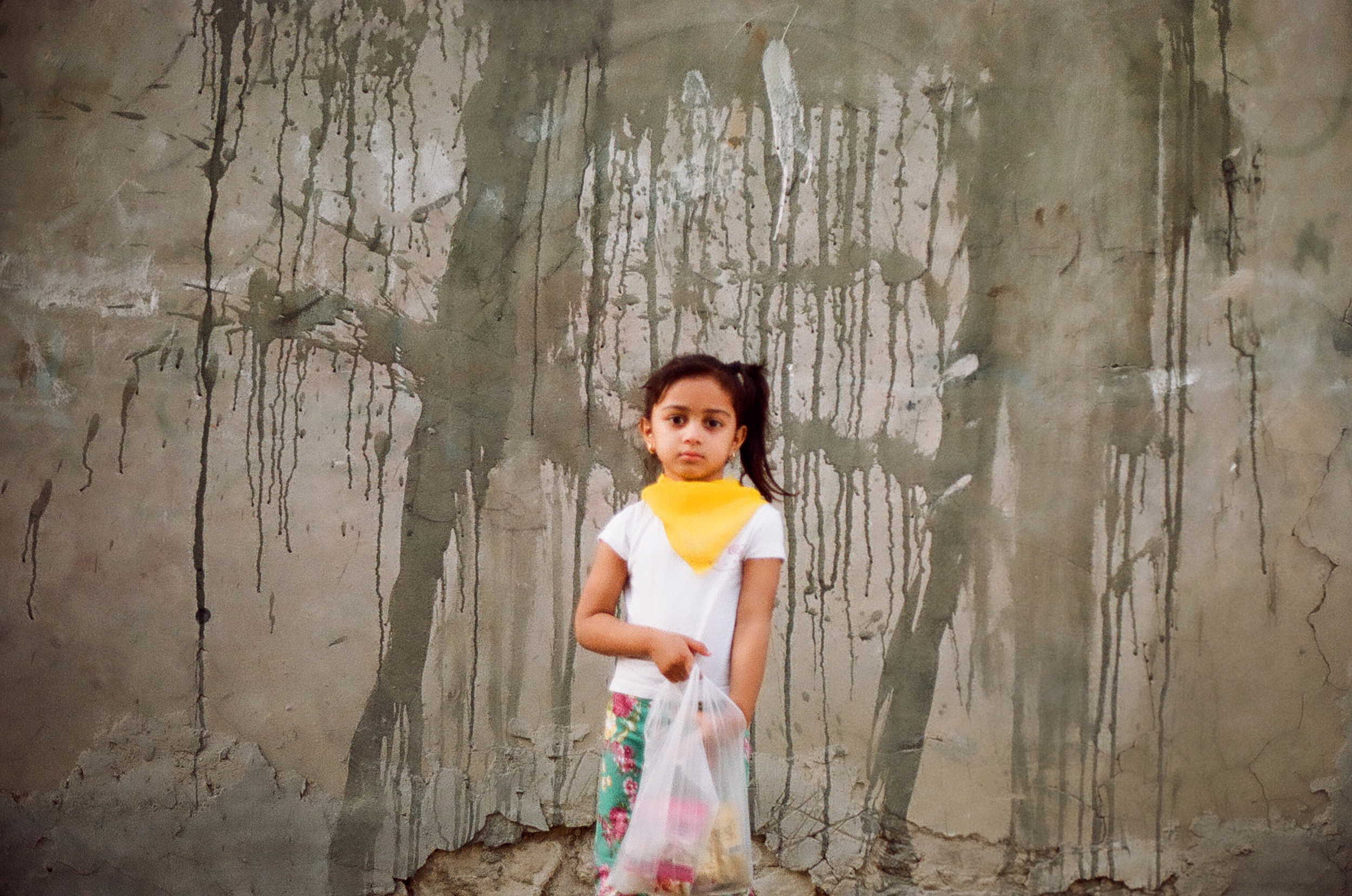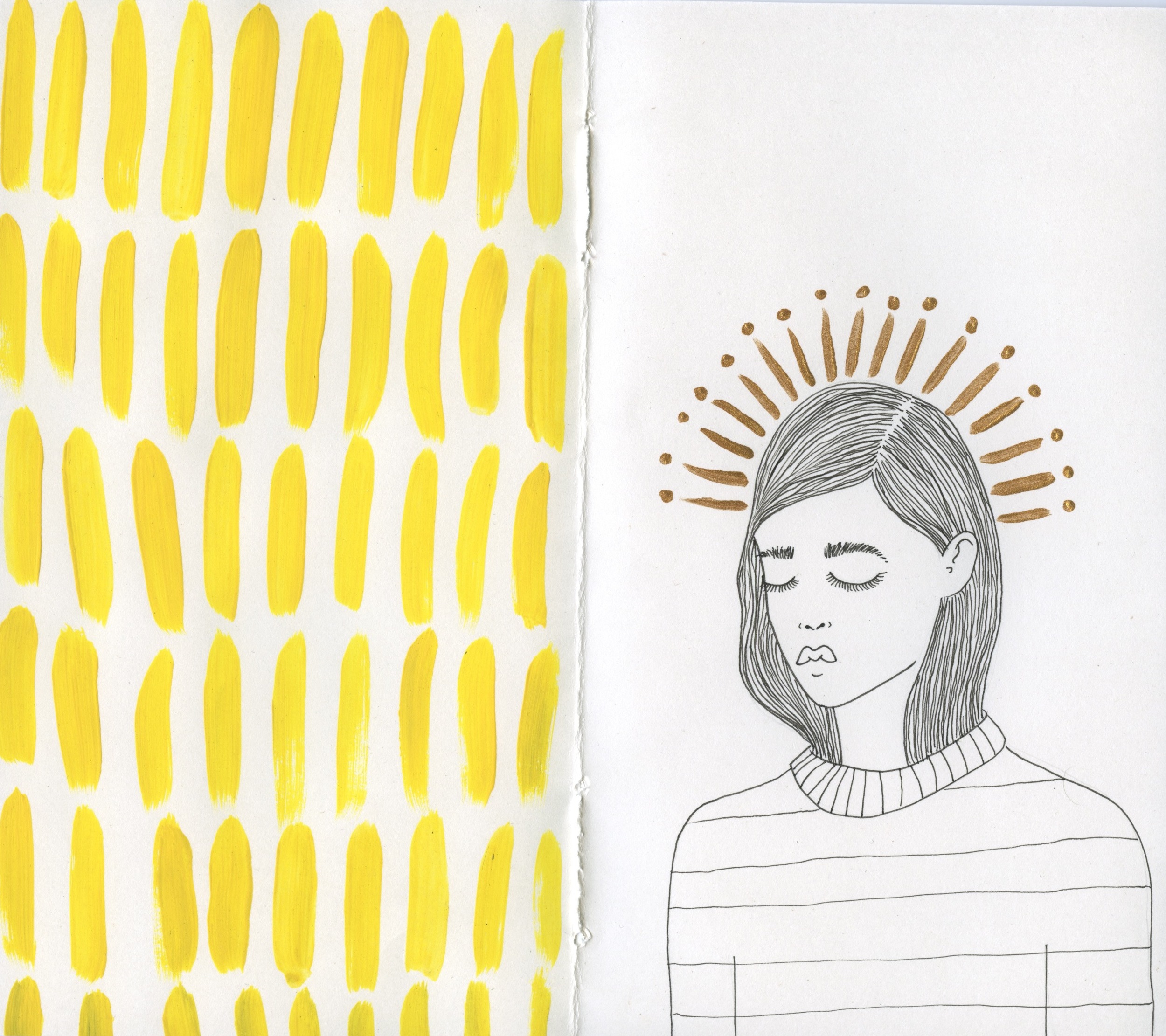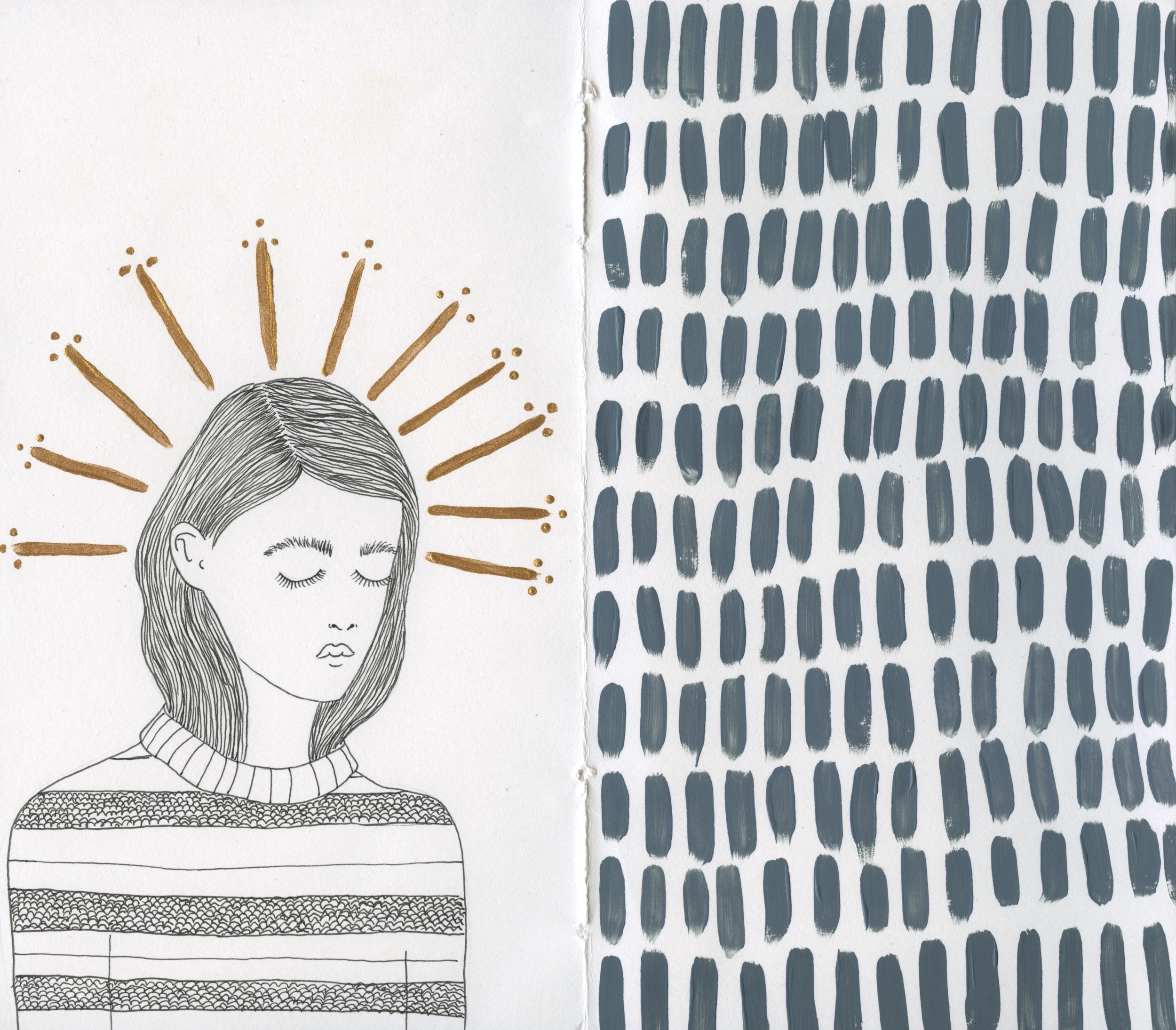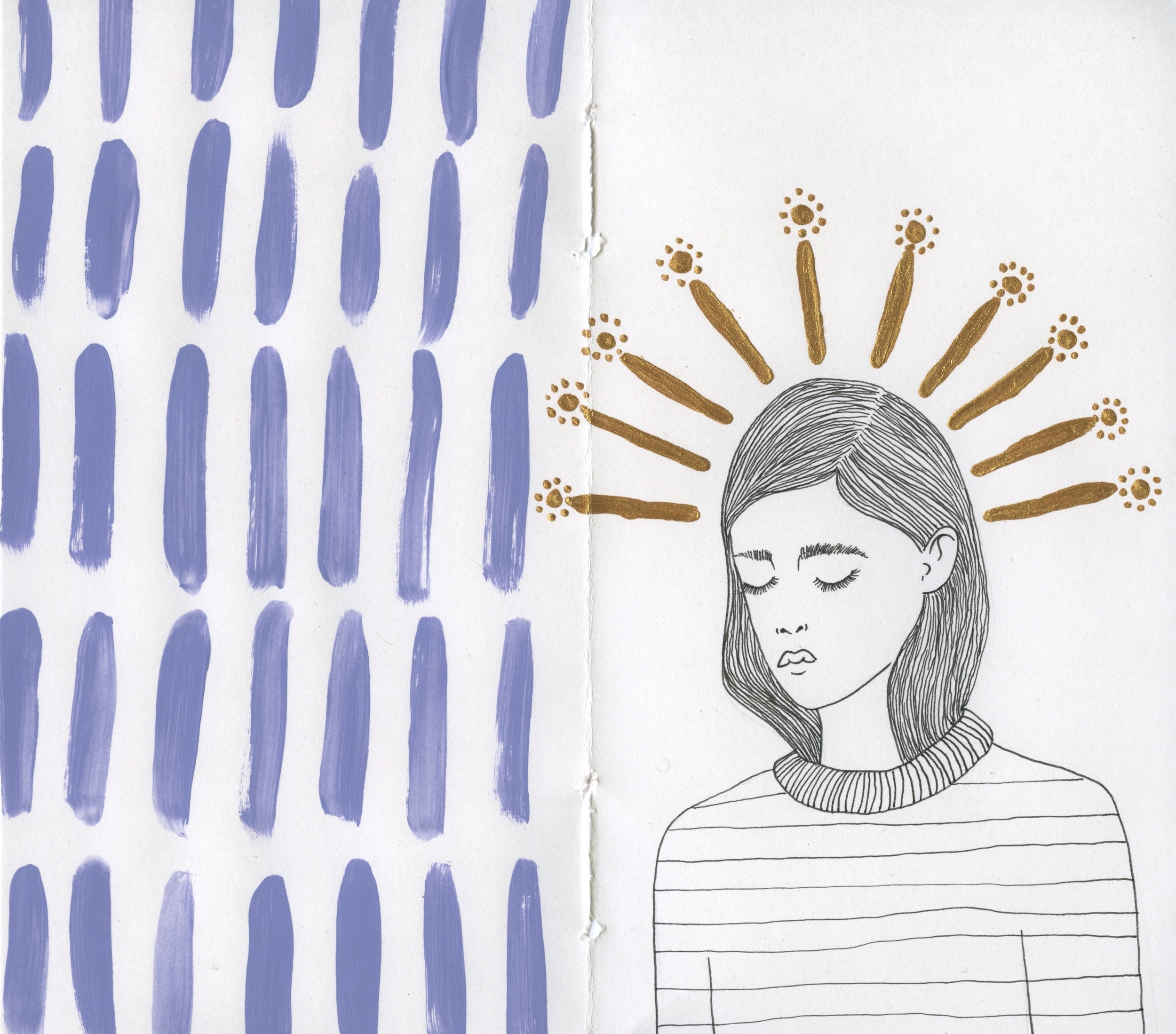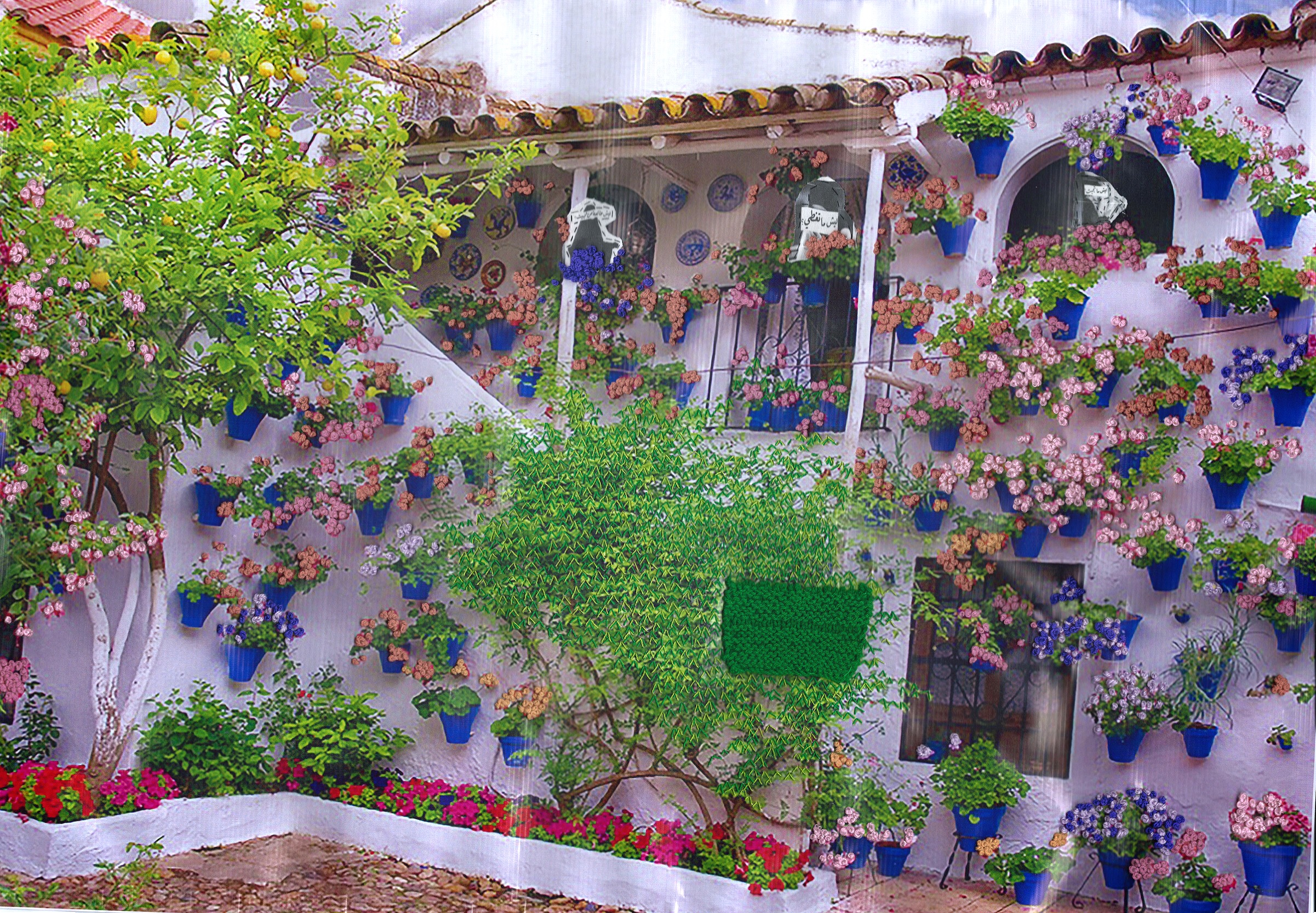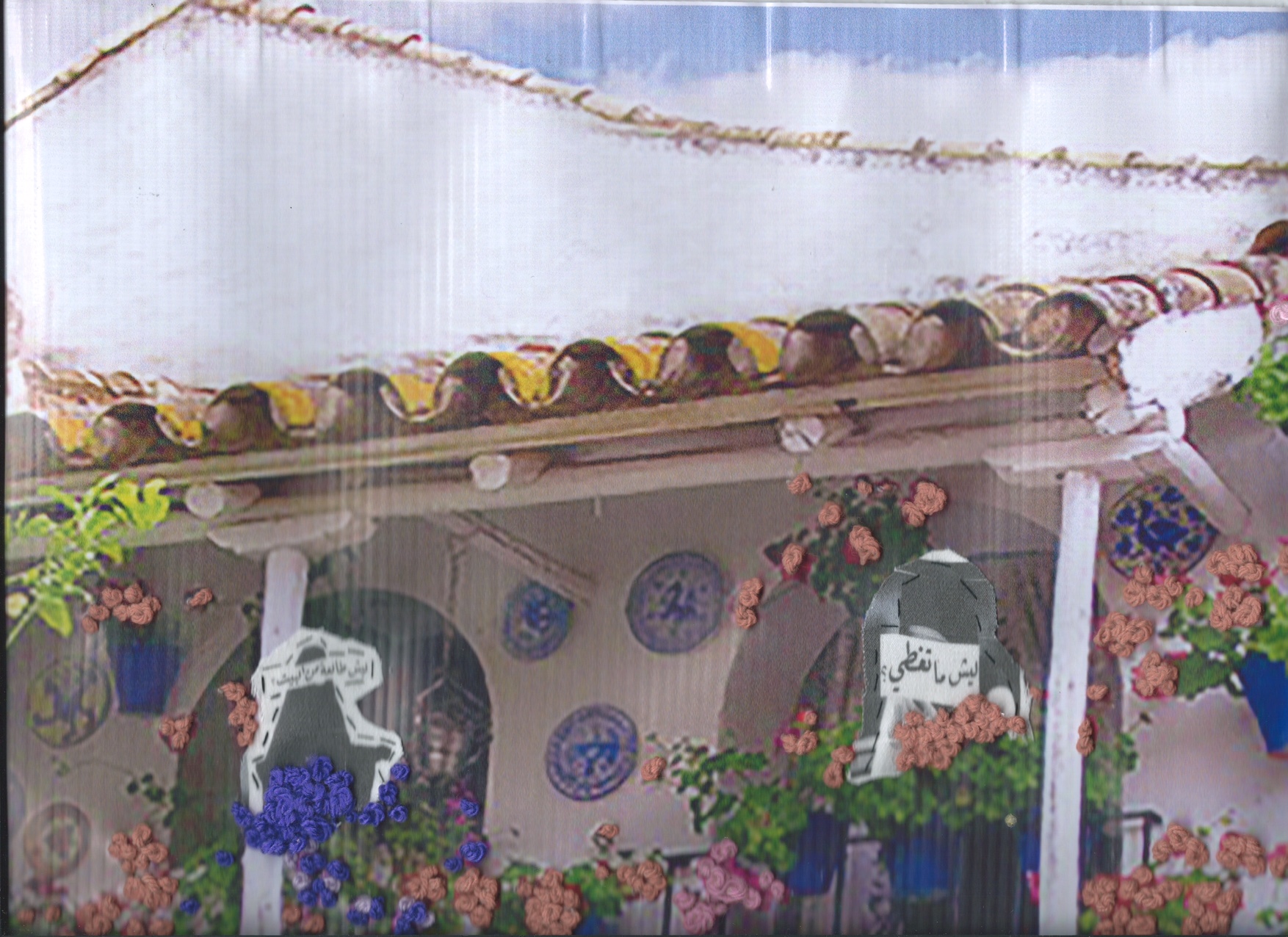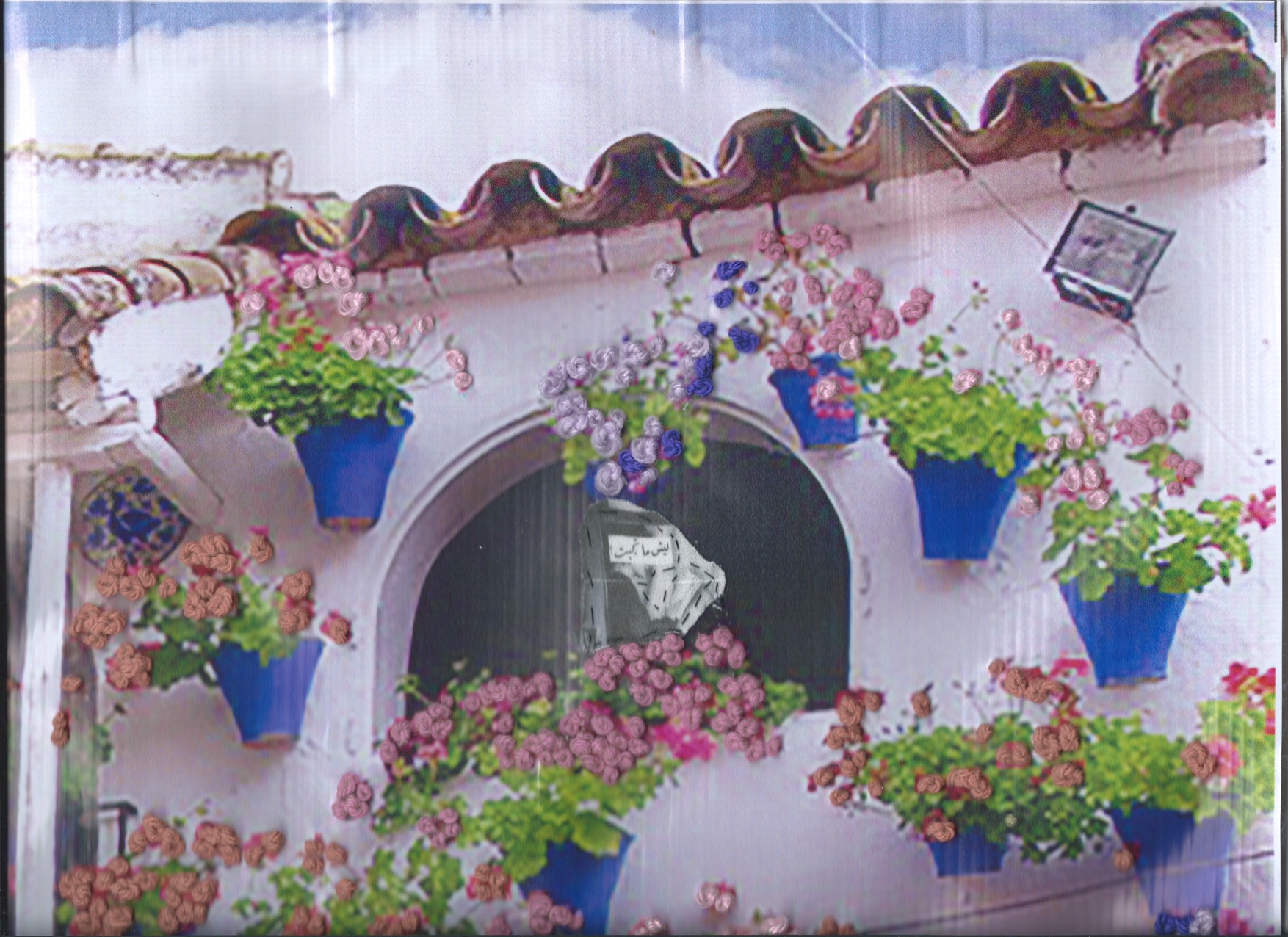This essay is an on-going first chapter from a long-term project, which follows Mizrahi Jewish communities since the first wave of departure from the Arab world in 1949. A two millennia old civilisation that stretched a diverse linguistic and cultural space, from Morocco to Iraq, from Yemen to Libya, numbering a million souls, which has dwindled to an estimated 8 or 9,000 souls today. The project serves to be a reflective portrait of the former Jewish communities of the Arab world at the turn of the 21st century, what has changed and where are we going, what have we lost and what have we gained. To create a comprehensive catalogue of work that allows for future Mizrahi Jews to identify with, in a world that leaves little room for their acknowledgement. Newer generations find themselves caught between the contradictions of the Middle East conflict and its strive for homogenous identity blocs of “Arab” or “Jew” on one hand, and the Ashkenization of mainstream Judaism on the other. Creating an irreversible havoc on the ancient indigenous Jewish identities of the Middle East and North Africa.
The King, the dream and the Chicken cage serves as a portrait of Moroccan-Jewish identity in southern Israel today, nestled in the development towns of the periphery. An identity still zealously guarded, flaunted with pride but subject to the cultural hierarchy anchored into the Israeli environment, which has undoubtedly moulded and transformed Moroccan identity within a generation. Soon-to-be-brides sit patiently as the last link to Morocco, a grandmother or mother, presses henna into her psalms to signal her transition to married life. Men in Chinese made Fez hats sipping Coca-Cola in a community hall, code switching between Moroccan Arabic, Hebrew and French. Signs of an identity refusing to give way to a wider Western –Israeli identity, but one that is ultimately waning with each generation that knows only the Eurocentric education system in which he or she was raised, and that system’s definition of what it means to be Moroccan.’
